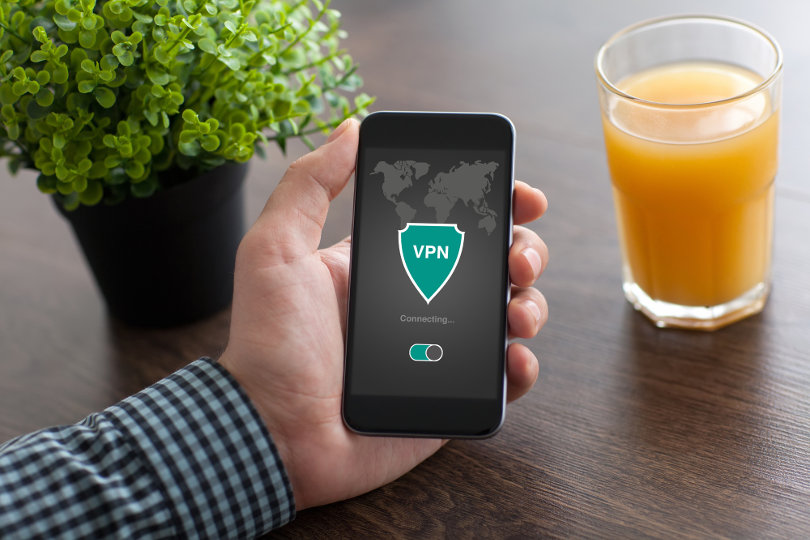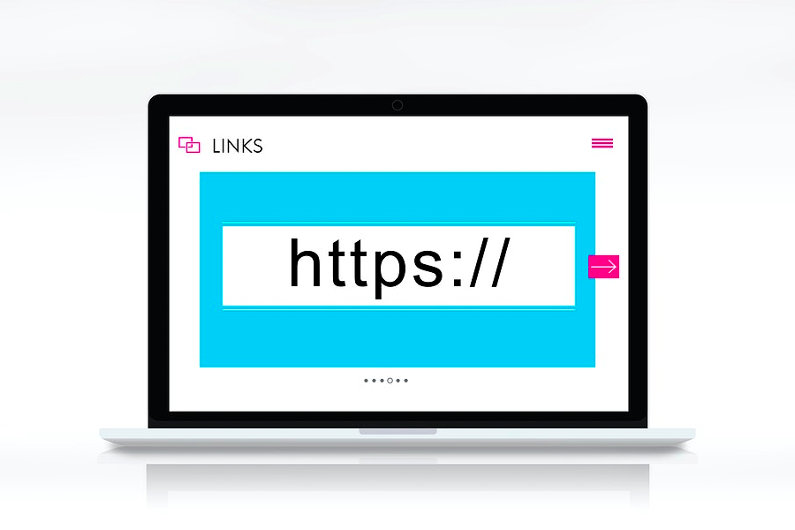Remote work is slowly becoming the status quo for multiple industries. Having secure access to files is considered a high priority. You can modernize your server with remote file access, even without the help of a VPN. In a work environment where file optimization is a priority, working without a VPN is now possible.

The Importance of VPN
In a business setting, a VPN took on a security role. It could be set up to block out content from locations that you deemed unsafe. This was a solid way to guarantee the integrity of the files on your network. As an additional layer of security, it could also be used to collect a long-running blacklist. With a VPN setup, your network could be as secure or insecure as you wanted. In a virtual private network, you had full control of what came in and out of your office.
When outside of the office, these same beneficial restrictions can cause problems for remote workers. Remote file access goes from being a smooth transition to a varying experience for each worker. Disconnects, file corruption, and unintended blocked access are some of the outcomes. While one user may have a great experience, another may be riddled with problems.
At its core, VPN is still a solid choice to have multiple users interact in a familiar environment without any outside security holes. To provide that same experience for remote workers, the industry has offered an alternative solution.
Remote File Access Without A VPN
There are already methods built into the most popular operating systems. By default, Windows comes with file sharing access ready to go. For an individual, this is the basic setup to get things going. For a business, it is too barebones to be used without a VPN. Once you realize some of the quality-of-life features missing from the default remote file access system, you’ll understand its limitations. Compatibility is another concern and is something that is difficult to deal with on an ongoing basis.
Getting around these limitations means simplifying remote file server access and sharing without compromising security. As an added bonus, improving upon the superior management interface of VPN would help remote users focus on work.

Remote file sharing over HTTPS has been the industry’s answer, and so far, it has been solid. Remote workers get all of the benefits of being in office without any of the downsides. Compatibility is a thing of the past, as any HTTPS compatible device becomes a viable way to retrieve files and work. This cuts down costs for individuals and slices in half recurring costs for VPN services and equipment. HTTPS isn’t meant as a replacement for VPN, but it serves as an alternative to businesses that employ remote workers.
Wrap Up
Security is something you’ll hear a lot about when it comes to remote access. VPN is still a viable solution, but it is now part of a much larger set of tools. Find the right fit, and your business will always be ahead of the game.

